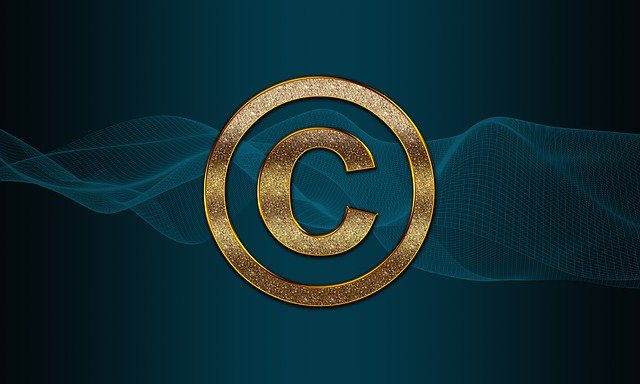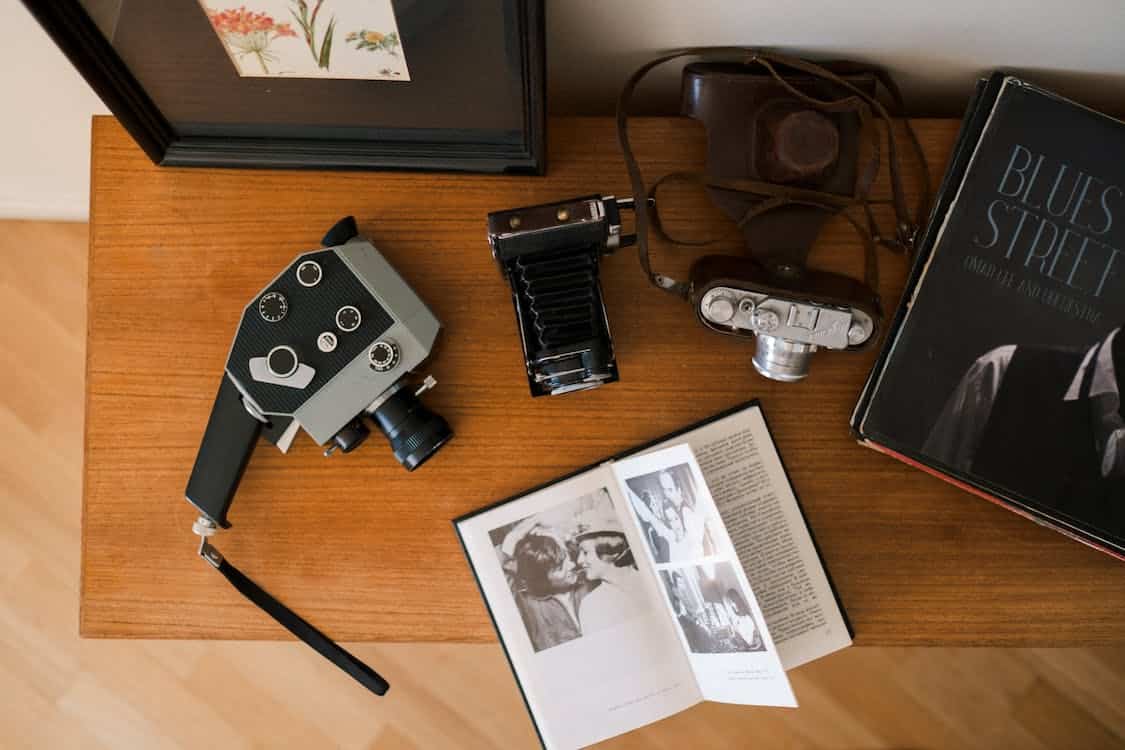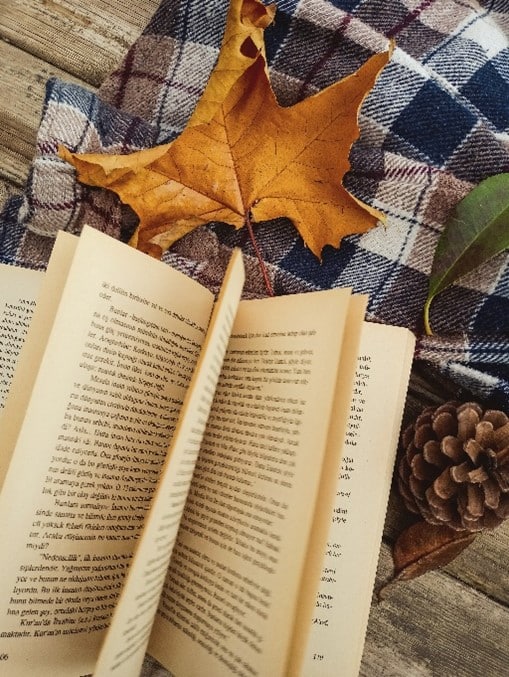
9 Legalities You Must Consider Before Writing a Nonfiction Book
9 LEGALITIES YOU MUST CONSIDER BEFORE WRITING A NONFICTION BOOK
Publishing a nonfiction book offers many advantages, including increased credibility and authority, more clients or customers, and potentially higher income. It can also help you build a platform to promote your work and grow your business.
Writing a nonfiction book allows you to share your knowledge and expertise with a larger audience than you could reach through other means. It’s also a great opportunity to document your thoughts and experiences to share with future generations.
As wonderful as writing and publishing a book is, it also comes with its fair share of legal risks. In this blog, we will explore some of the legal challenges faced by writers as well as vital tips on keeping yourself and your work protected through the process of writing your nonfiction book.
9 Things to Consider When Writing Your Nonfiction Book
It would be nice if authors only had to worry about completing their book on time and then getting published. Unfortunately, that’s not the case. As a writer, you also must ensure that you are taking the right steps to protect yourself legally.
Here are nine legal considerations that nonfiction authors must be aware of:
- Copyright
- Defamation
- Brands and Trademarks
- Plagiarism
- Privacy
- Right of Publicity
- Conducting interviews
- Using photos
- Citing sources
1. Copyright
The Copyright Act of 1976 is a U.S. law that grants exclusive rights to authors and creators of their works for a limited period. This law encourages authors to continue writing and publishing new works by providing them with protective rights.

According to fundamental copyright law, any work that someone produces belongs to them, and they are entitled to legal rights.
These rights are given to creators of literary, musical, and artistic works as well as producers of cinematograph films and sound recordings.
When a work is fixed in a tangible medium—such as text, photographs, audio files, and video content—the creator automatically owns the copyright. If the work results from a joint effort, more than one person may hold the copyright.
However, if the creator signed an agreement stating that the work was made for hire, the hiring party will own the copyright. For example, if an author assigns the copyright to a publisher, the publisher will hold the copyright.
It is important to note that images and infographics added to a book are also subject to copyright laws. To safeguard your work, you should obtain a copyright to prevent others from claiming ownership and profiting from it.
If you include someone else’s protected intellectual property in your book without permission, you could be responsible for infringing on that party’s rights. Such actions typically involve claims of violating either copyright or trademark laws concerning the book’s publication.
The safest approach for any author is to obtain written permission from the rights holder before publishing to prevent legal issues associated with using someone else’s intellectual property. This legal document should clearly outline the specific parameters of the license granted to you. By doing so, it will avoid any ambiguity about the authorized uses of the intellectual property.
2. Defamation
Defamation is an incorrect statement about a person, group, or institution that causes damage to their reputation. For nonfiction writers, defamation can be an issue when writing books that involve real people. Therefore, authors need to be aware of defamation laws in their jurisdiction before publishing any material that could potentially harm the reputation of another person.
You should also take care when writing about public figures, even though they are subject to different legal standards regarding defamation. In most cases, celebrities must prove actual malice, which means that the author knew or had reason to know that the statement was false and published it anyway. Although these cases present a much higher burden of proof, you still could be liable as a writer for defamation.
The best way to protect yourself is to publish factual statements you can support with evidence. Also, consider writing in a way that is not likely to be interpreted as defamatory, such as refraining from using pejorative language or making broad generalizations.
Getting permission from those mentioned in your book may be beneficial, particularly if you will be discussing sensitive topics or making potentially damaging statements. It can help protect you from a potential defamation lawsuit and demonstrate that the statements made in the book are true and accurate.
3. Brands and Trademarks
Including brand names in a book can be difficult because there is a fine line between mentioning them and infringing on trademarks.
Some companies, such as Xerox and Google, are known to take issue with writers using their brand names as verbs.

However, other companies may view it as free publicity, unless you portray their brand negatively.
Avoiding using brand names or trademarked slogans is best, unless you absolutely must have them in the text. In those cases, writing the company and asking about their trademark use policy is best.
A nonfiction author can get sued over brand or trademark infringement if a company believes its trademarks are being used in an unauthorized or inappropriate manner. The company may seek compensation for the damages caused by the breach, and the court may also order the author to stop using the trademarked material in their book. Also, if the judge determines that the infringement was intentional or reckless, the court may award punitive damages to the company.
4. Plagiarism
Plagiarism is a serious offense that you must avoid at all costs. It involves stealing and falsely claiming ownership of another person’s work, including language, ideas, plots, and characters.
Even when merely accused of plagiarism, you can get into serious trouble. For example, in 2009, the estate of children’s author Adrian Jacobs sued Harry Potter author J.K. Rowling and her publisher, Bloomsbury, for having similar scenes in her book as he had in his.
After a lengthy legal battle, the case was dismissed. But it points out the need for authors to be vigilant about using another writer’s material.
Under no circumstances should you plagiarize someone else’s work and present it as your own, whether it’s a book, blog, or scholarly article. So, it becomes vital to acknowledge and give credit to the original author.
Plagiarism can result in severe consequences, depending on the severity of the offense. For example, civil penalties may include damages, injunctions, and legal fees, while criminal penalties may include fines and even imprisonment. Plagiarism is a serious issue that no author should take lightly; it can cause serious problems for both the author and the original copyright holder.
5. Privacy
Authors must be cautious about disclosing sensitive or embarrassing personal information when publishing nonfiction content.

This issue is especially challenging for authors using personal information to describe life events.
You could unintentionally disclose confidential medical, financial, or personal details about another person, getting you into legal hot water.
It's worth noting that in the United States, where privacy laws are relatively lenient, publishers must still exercise caution when publishing personal information about non-U.S. citizens in works published outside the country.
Therefore, it is best to seek legal advice before publishing potentially sensitive information to avoid legal consequences.
6. Right of Publicity
The “right of publicity” grants authors the authority to regulate the commercial use of their name, image, and likeness. If nonfiction authors utilize real people’s names, images, or likenesses in their works without consent, they may face legal action for violating this right.
Unlike defamation, right of publicity lawsuits can sometimes continue for years after the individual’s death. Nonetheless, right of publicity laws differ significantly from one state to another, and it is uncommon for nonfiction authors and journalists to face lawsuits for using an individual’s name in their work. Additionally, some states provide legal protection for non-advertising use.
Still, to avoid a lawsuit, you should get written consent from someone you write about before using their personal information or image. This consent should be in writing and notarized to ensure clarity. If the person balks at signing a written agreement, it is best for you to find another source for your book, story, or article.
7. Conducting Interviews
Conducting interviews with subjects mentioned in a nonfiction book is a common practice. However, it is best to be aware of the legal ramifications.
You should ensure that your questions are appropriate and that they are not attempting to extract private or confidential information from your interviewees.
To protect yourself legally, you should consider obtaining written consent from the subject before making any audio or video recordings.

Without this consent, you could face potential lawsuits for violating a person’s right to privacy or right of publicity. In addition, before publishing information obtained through an interview in your book, you should ensure that it is accurate and current.
8. Using Photos
When using photos for your nonfiction book, you should take great care to ensure you have the necessary permission to use them. If you plan on using pictures of people, you must obtain written consent from each individual before publishing any images.
If you plan on including images that someone else owns, you must obtain a license or permission from the copyright owner to legally use them. Without it, you could face potential lawsuits for copyright infringement. Also, make sure that any images you include are accurate and up to date before publishing them in your book.
9. Citing Sources
Citing your sources is a crucial step in writing your nonfiction book. It helps to establish credibility with readers and provides accurate information.

Citing your sources can also protect you from potential plagiarism or copyright infringement lawsuits.
By properly citing your sources, you give credit where it is due and show that you have done your research. This vital task can also help to differentiate you from other authors and demonstrate the value of your work.
When citing sources in a nonfiction book, start by ensuring that all information is accurate and current.
Also, ensure your sources are reliable and credible before quoting them in the text.
Provide proper attribution for any quotes or facts used in your work, meaning the author, title, and publishing date, at a minimum.
Failing to do so can lead to potential plagiarism or copyright infringement lawsuits.
Final Tips on Protecting Yourself
One of the best ways to guard yourself against potential litigation is to be thorough in your research and ensure that any information you are using is accurate and timely. In addition, you should always obtain proper permission or licenses when using images or quotes from other sources.
You should also correctly cite all sources used in your work and ensure they are reliable and credible. By taking these precautions, you can help protect yourself from potential lawsuits.
1. When in doubt, seek professional advice.
When protecting yourself from potential litigation, it is wise to seek professional advice. Consulting with an experienced attorney can be beneficial in helping to identify potential risks and liabilities before they become an issue.
An attorney can also guide the proper steps to protect your rights as an author, such as obtaining licenses for any images or quotes used in your work. They can also review your sources and help you ensure all information is accurate and up to date before citing it.
Taking the time to consult with an attorney at the outset of any project can help ensure that you take all necessary steps to protect yourself from potential lawsuits.
2. Read your manuscript thoroughly before publishing.
Before publishing any nonfiction work, read your manuscript thoroughly and ensure that all information is accurate and timely.
Also, double-check that any quotes or images used are credible and adequately cited.
Reviewing your manuscript before publication can help protect you from potential lawsuits.

3. Hire a competent editor and proofreader.
Hiring a competent editor and proofreader is another crucial step in protecting yourself. An experienced editor and proofreader can help ensure all information is accurate, up-to-date, and properly cited. They can also double-check that any images or quotes used are correctly sourced.
An editor and proofreader can also help ensure that all sources are reliable and credible before they are cited in your work.
4. Ensure all contracts are in place.
When publishing a nonfiction work, ensure written contracts are properly reviewed and signed by all parties involved. These documents include any agreements with contributors, editors, publishers, or others involved in the publication process.
All contracts should clearly outline the rights and responsibilities of each party. They should also include provisions for protecting your intellectual property rights and resolving any disputes arising during publication.
One Final Thought
Writing a non-fiction book can be an exciting endeavor. But, unfortunately, getting caught up in legal problems can take all the fun out of it for you as an author.
Hopefully, we have given you valuable insights into legal challenges faced by nonfiction authors and how to protect yourself from lawsuits. So, use this article for reference, and be sure to seek the advice of an attorney during the writing process. Only then will you rest easy knowing all your legal bases are covered.
Related Content
- 0 Comment
Subscribe to Newsletter
- How Can SharePoint Be Used To Organize and Disseminate SOPs?
- Planning the Perfect Genealogy Research Trip: A Step-by-Step Guide
- From Silly to Awesome: How Words Change Meaning Over Time
- The Psychology of Font Choice: How Typography Impacts Content Engagement
- How to Distribute SOPs for Maximum Usability





